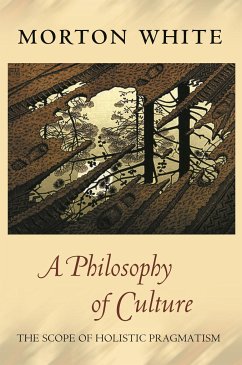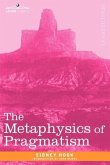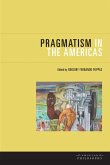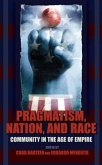"White's picture of pragmatism is distinctive, original, and highly relevant in contemporary philosophy. The new book will be of interest both for systematic philosophers working on philosophy of language, philosophy of science, philosophy of law, or ethics, and for historians of philosophy studying American pragmatism and its influence in twentieth-century thought."--S. Pihlström, Transactions of the Charles S. Peirce Society "This book has a number of signal virtues. First of all, it is extremely well written with an admirable sense for the telling detail. Second, it covers a wide range of topics and authors, many of them not well known today. Third, it is idea-driven history, a discussion shaped so as to make a free-standing philosophical point rather than a mere narrative." --Raymond Geuss, Cambridge University, author of Public Goods, Private Goods and History and Illusion in Politics "In this fine work, Morton White documents what he describes as the gradual defeat of classical rationalism at the hands of a doctrine he calls 'holistic pragmatism' in the twentieth century. This doctrine holds that all our beliefs are subject to the test of experience, and that they all face this test not individually but as a corporate body in the way that has become familiar as the Duhem-Quine thesis. What is special about White's account is his extension of this thesis to the moral realm, an extension he here recounts with primary reference to his differences with Quine. The broad sweep of White's treatment is intended to exemplify as well as to promote the philosophical analysis of fundamental beliefs in the several departments of civilization and so to expand the scope of such analysis beyond its recent preoccupation with logic, mathematics, and science. In this laudable enterprise, White succeeds beyond doubt, thereby performing an invaluable service both to philosophy and to the comprehensive study of culture."--Israel Scheffler, Harvard University
Hinweis: Dieser Artikel kann nur an eine deutsche Lieferadresse ausgeliefert werden.
Hinweis: Dieser Artikel kann nur an eine deutsche Lieferadresse ausgeliefert werden.








